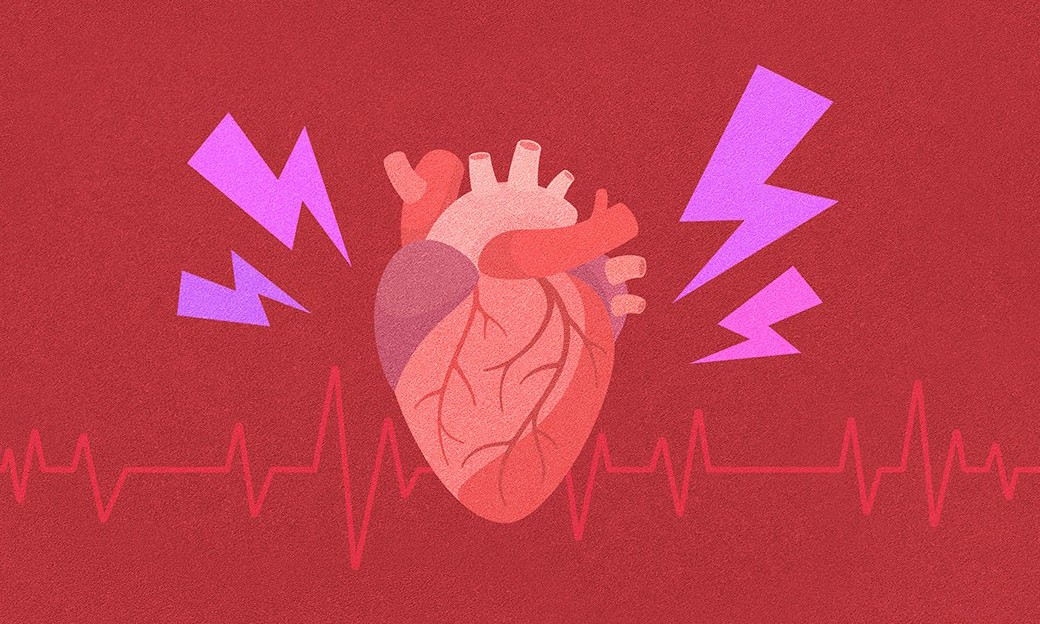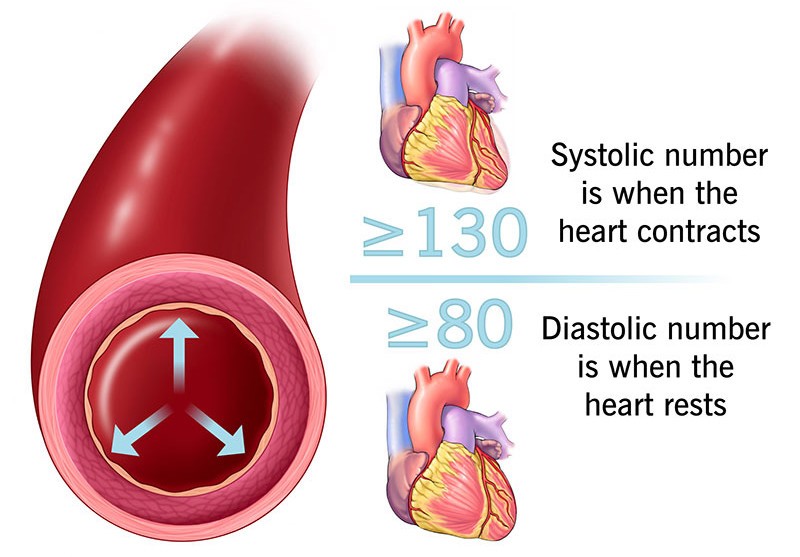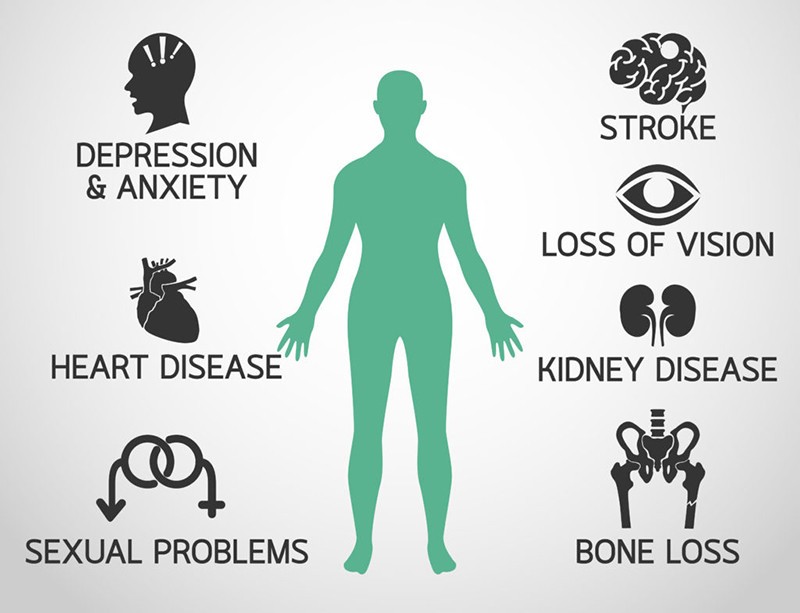
High blood pressure, or hypertension, is a prevalent health concern globally, often highlighted for its role as a "silent killer." It’s a term frequently used in medical contexts and popular media, emphasizing its danger due to the lack of overt symptoms and its potential to cause severe health issues. However, the question arises: is high blood pressure always bad, or can there be exceptions where it might not pose the same risks?
The Fundamentals of Blood Pressure
Blood pressure is a measure of the force exerted by circulating blood on the walls of the arteries as the heart pumps it around the body. It’s expressed in two numbers: systolic pressure (the pressure during heartbeats) and diastolic pressure (the pressure between beats). A typical healthy reading is around 120/80 mmHg. High blood pressure is generally defined as having readings consistently above 140/90 mmHg.

Why High Blood Pressure is Generally Considered Bad
High blood pressure is usually associated with a variety of serious health conditions due to the increased strain it places on the cardiovascular system. Over time, persistent hypertension can cause several adverse effects:
1. Cardiovascular Damage: Elevated pressure can damage the inner linings of arteries, leading to arteriosclerosis, where arteries become thickened and stiffened. This can eventually result in coronary artery disease, heart attack, or heart failure.
2. Stroke Risk: High blood pressure is a leading risk factor for stroke. It can cause blood vessels in the brain to burst or become blocked, leading to ischemic or hemorrhagic strokes.
3. Kidney Damage: The kidneys are highly sensitive to changes in blood pressure. Chronic high blood pressure can damage the blood vessels in the kidneys, leading to kidney disease or failure.
4. Vision Loss: Hypertension can lead to retinopathy, a condition where the blood vessels in the eyes are damaged, potentially causing vision loss.
5. Aneurysms: Persistent high blood pressure can cause blood vessels to weaken and bulge, forming aneurysms that may rupture and cause life-threatening internal bleeding.

Contexts Where High Blood Pressure Might Not Be As Harmful
While chronic high blood pressure is a serious health issue, there are some contexts where elevated blood pressure might not be as harmful or might not indicate a significant underlying problem:
1. Acute Situations: Temporary increases in blood pressure due to stress, anxiety, or physical exertion are usually not harmful if the blood pressure returns to normal levels once the stressor is removed. Such transient spikes are typically not indicative of chronic hypertension or long-term health risks.
2. Adaptive Responses: In certain situations, higher blood pressure might serve as a temporary adaptive mechanism. For instance, individuals with partial arterial blockages may develop higher blood pressure to ensure adequate blood flow to essential organs. This adaptive response might not be harmful if the individual’s overall health is well-managed and monitored.
3. Athletic Adaptations: Athletes sometimes experience higher blood pressure as a result of rigorous training. In these cases, the elevated blood pressure is often a physiological response to increased cardiovascular demands. Athletes generally have better overall cardiovascular health and might not face the same risks associated with high blood pressure in a sedentary population.

The Importance of Blood Pressure Management
Regardless of the context, managing high blood pressure is crucial. Effective management involves:
1. Regular Monitoring: Keeping track of blood pressure readings helps in assessing the effectiveness of treatment and making necessary adjustments.
2. Lifestyle Modifications: Adopting a heart-healthy lifestyle can significantly impact blood pressure. This includes a diet rich in fruits, vegetables, whole grains, and lean proteins while reducing sodium intake. Regular physical activity, maintaining a healthy weight, and avoiding excessive alcohol and tobacco use are also important.
3. Medication: In cases where lifestyle changes are not sufficient, antihypertensive medications may be necessary. These medications help in controlling blood pressure and reducing the risk of associated health complications.
4. Stress Management: Techniques such as meditation, deep breathing exercises, and adequate sleep can help manage stress and, in turn, contribute to better blood pressure control.
High blood pressure is not always unequivocally bad, but its potential risks are significant enough to warrant careful attention. While temporary spikes or context-specific elevations might not pose immediate threats, chronic hypertension generally requires diligent management to prevent severe health outcomes.
Subscribe means that you have read and agree to the Privacy Policy.
Subscribe means that you have read and agree to the Privacy Policy.
Copyright © Shenzhen Pango Medical Electronics Co.,Ltd, Ltd. All Rights Reserved.